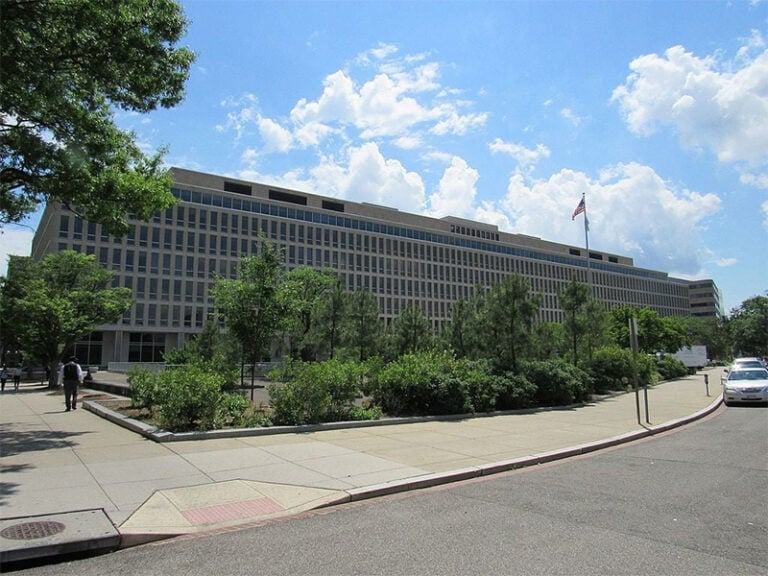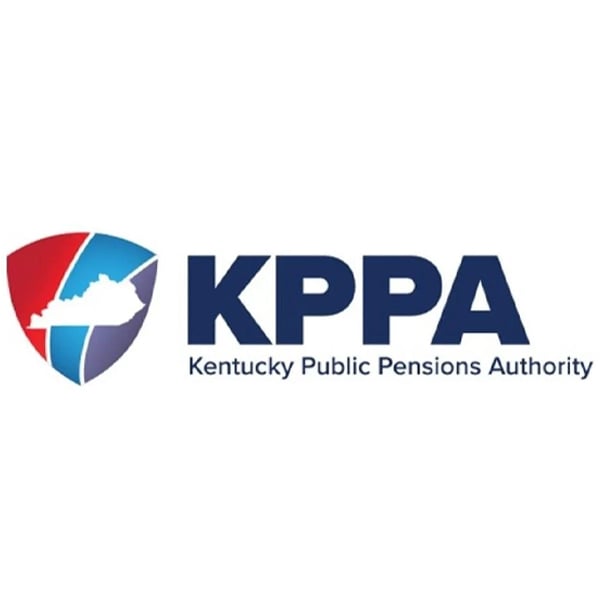Kentucky is too often slow to embrace beneficial economic and social change. Yet the news that 22 other states and 43 cities and counties raised their minimum wages on Jan. 1 is especially frustrating, considering the years advocates here have pushed for reforms.
We remain one of 20 states still adhering to the $7.25 an hour federal minimum wage, set in 2009. Ohio raised its minimum from $10.10 to $10.45 this year. Even West Virginia has a higher rate of $8.75.
For years, the legislature has ignored proposals for incremental increases. In 2016, the Kentucky Supreme Court struck down Louisville and Lexington laws to raise rates to around $10, after a lawsuit by the Kentucky Retailers Federation and the Kentucky Restaurant Association.

State and local governments have raised minimum wages because Congress has stalled in a years-long effort to set a $15 rate. At least 13 states have adopted strategies to reach that goal or higher; a dozen will automatically adjust the wage for inflation every year.
These decisions, by either legislation or ballot measures, are rooted in the belief that workers deserve to earn a livable wage. Those who still earn minimum wages are mostly women and minorities in service jobs.
Sen. Reggie Thomas, D-Lexington, filed SB 42 this year to set a $10 minimum with increases to $15 by 2028. The bill, assigned to the Senate Revenue and Appropriations Committee, would allow cities and counties to raise rates within their areas.
A federal minimum is meant to ensure “a floor through which no worker could fall,” Dustin Pugel of the Kentucky Economic Policy Center said in a July analysis. “But since that time, the floor has collapsed through inaction. … It’s past time we gave Kentucky a raise.”
Increasing the state minimum wage should not be viewed as controversial right now. For Kentucky businesses, the biggest challenge is worker shortages, which have forced them to pay higher wages to recruit and retain employees.
For instance, as of Jan 12, the average hourly pay for Kentucky retail jobs was $12.85 an hour, according to Zip recruiter. The average wage for someone with less than a year’s experience in retail is $13.38, according to the Indeed job site.
So, how would raising the minimum to $10 hurt businesses that are already paying more for even entry-level workers?
There are still people struggling to survive off the minimum. In 2022, 4,000 Kentuckians were paid minimum wage and 8,000 were paid even less, according to the Bureau of Labor Statistics. And there is no guarantee that wages won’t go back down in coming years after another recession or pandemic.
Right now, Kentucky’s post-pandemic economy is surging, boosted by the infusion of federal funds to businesses, governments, and families. The state now has a record surplus and an historic rainy-day fund that lawmakers may tap. A 2025 plant to build batteries for electric vehicles, expected to pay $24 to $37.50 an hour, is expected to provide another economic boost.
But not if we can’t recruit workers from, or into, a state with a high-poverty image.

By the end of last year, only 57 percent of Kentuckians worked — among the lowest in the nation. States with the federal minimum wage all have child poverty rates of 20 percent or higher, according to U.S. Census data analyzed by 24/7 Wall Street, a financial news site. Kentucky’s 22.2 percent child-poverty rate is the nation’s sixth highest.
Raising the minimum wage helps the state become more competitive, said Thomas: “When workers earn a livable wage, they have more purchasing power, which can lead to increased consumer spending and a boost in local businesses. This, in turn, can create more jobs and help reduce poverty and inequality, ultimately strengthening Kentucky’s economy and its people.”
Business studies offer mixed assessments on the immediate impact of raising the minimum wage on staffing, benefits and work hours. Business leaders often say they are concerned that a wage increase could limit low-income workers’ eligibility for government aid. However, access to better-paying jobs gives them more options for how to support their families.
Higher minimum wages also help businesses, concluded a 2022 study by the Kellogg School of Management at Northwestern University: “It partially pays for itself because you get workers who are more productive and more attached to the firm.”
It makes no sense for Kentucky officials to remain attached to an outdated policy that devalues citizens and further diminishes the state’s competitiveness.
Vanessa Gallman, a Kentucky Lantern freelance columnist, worked for more than two decades as editorial page editor for the Lexington Herald-Leader. She was also a local government editor for The Washington Post and a national correspondent for Knight-Ridder Inc.

















